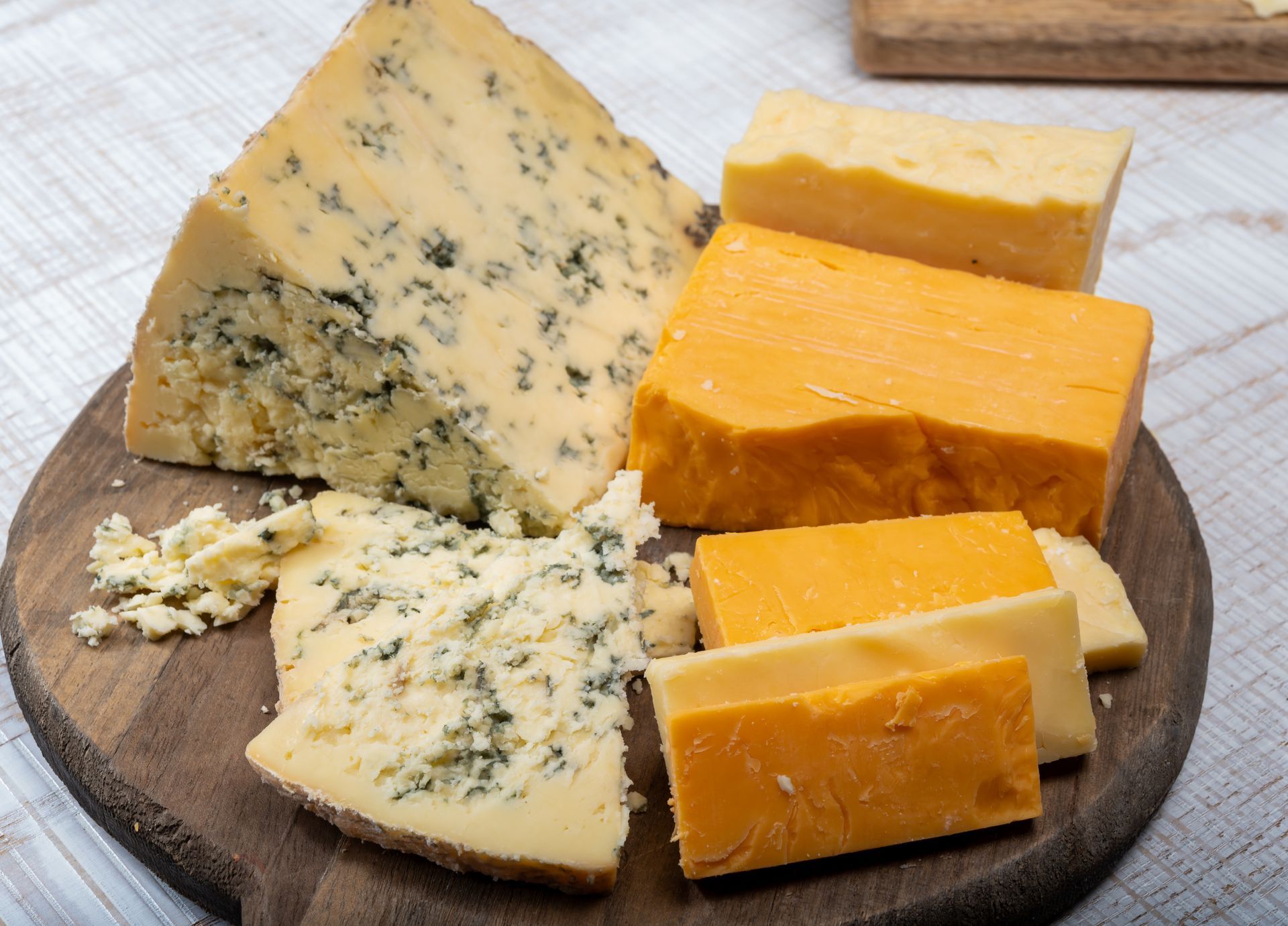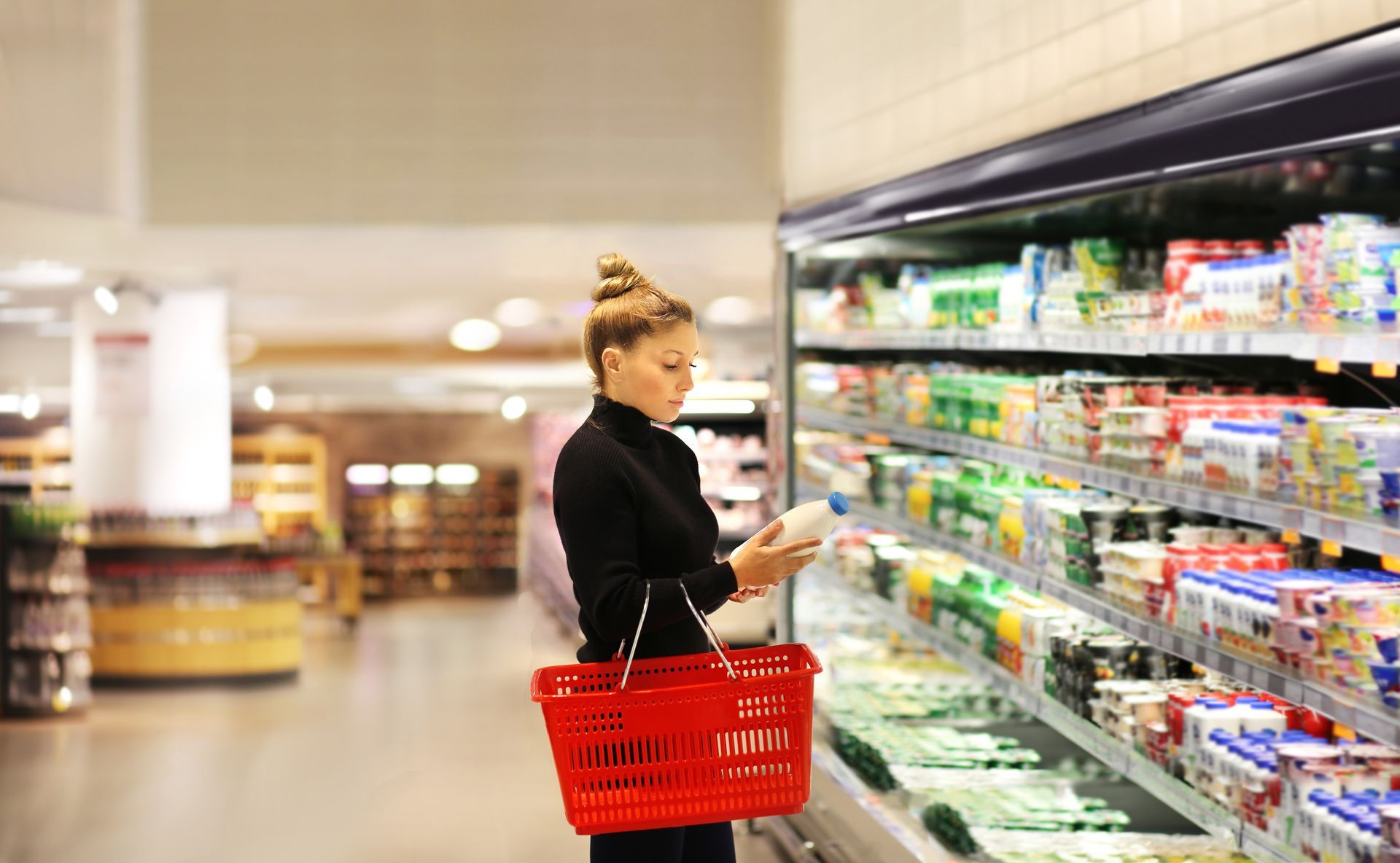Navigating Tariff Challenges in a Shifting Global Trade Landscape
The UK Dairy Industry Under Pressure
In an era of escalating trade tensions, the UK dairy and cheese industry faces growing uncertainty. With tariffs emerging as a key battleground in global trade, British producers are at risk of becoming collateral damage in a larger geopolitical struggle. As the United States signals a return to protectionist policies under a possible second Trump administration and the UK grapples with its post-Brexit trade identity, it is imperative to assess the implications of tariffs on the UK dairy sector and consider the pathways to resilience.
Tariffs: A Disruptive Force in Dairy Trade
Dairy products, particularly cheese, are among the UK’s most significant food exports. British cheeses such as Cheddar, Stilton, and Red Leicester have strong reputations in international markets, particularly in the European Union, the United States, and emerging markets in Asia. However, rising trade barriers threaten to upend established supply chains and distort pricing, affecting both producers and consumers.
One of the key risks comes from the United States. In previous trade disputes, the Trump administration imposed tariffs on EU dairy imports, a move that disproportionately affected UK cheese exports. With Trump hinting at a return to aggressive tariff policies, the UK could find itself at a disadvantage, particularly if it fails to negotiate preferential terms with Washington. Meanwhile, retaliatory tariffs from major economies like China or the EU could further complicate trade routes.
At home, the UK’s exit from the European Union has introduced new trade barriers that were once unthinkable. While the Trade and Cooperation Agreement (TCA) allows tariff-free access for dairy trade between the UK and the EU, regulatory divergence and border checks have already introduced friction. If relations between the UK and the EU deteriorate, the risk of retaliatory tariffs or non-tariff barriers could escalate, further squeezing British dairy exporters.
The Economic Fallout: Costs for Producers and Consumers
Tariffs on dairy imports and exports create a domino effect throughout the supply chain. UK farmers and dairy producers rely on export markets to maintain profitability, and any barriers to trade increase costs. The immediate impact would be higher prices for UK cheese and dairy in international markets, making British products less competitive.
Domestically, the knock-on effects could be just as severe. If tariffs shrink export opportunities, surplus dairy products may flood the UK market, depressing farmgate prices and squeezing already thin margins for British farmers. A price war among domestic retailers could exacerbate financial stress on smaller dairy businesses, consolidating power among larger producers and supermarket chains. At the same time, if the UK faces tariffs on dairy imports, consumers could see price hikes on European cheeses and other dairy-based products, fuelling food inflation at a time when the cost of living remains a central concern.
Strategic Adaptations: Finding New Markets and Strengthening Resilience
Faced with these challenges, the UK dairy industry should consider adopting a multi-faceted approach to mitigate the risks posed by tariffs.
- Expanding Market Access: The UK must aggressively seek new trade agreements to offset the risks of US and EU tariffs. Membership in the Comprehensive and Progressive Agreement for Trans-Pacific Partnership (CPTPP) presents an opportunity to access high-growth markets in Asia, where demand for dairy is rising. Strengthening trade ties with Middle Eastern and Commonwealth nations could also provide alternative outlets for UK dairy exports.
- Investing in Premium and Specialty Products: British cheese producers must leverage their reputation for quality and heritage. Instead of competing on price alone, focusing on high-value, artisanal, and organic dairy products could help mitigate the impact of tariffs by appealing to premium consumers in foreign markets willing to pay a higher price.
- Supply Chain Optimisation: Producers must enhance efficiency and reduce reliance on tariff-exposed supply chains. This includes investment in domestic processing capacity, innovative dairy alternatives, and supply chain diversification to reduce vulnerability to geopolitical shocks.
- Trade Policy Advocacy: The UK government and dairy industry stakeholders must actively engage in international trade negotiations to prevent adverse tariff impositions. Strong diplomatic efforts are needed to maintain frictionless access to key markets and ensure that the UK dairy sector is not sidelined in broader trade conflicts.
The Future of UK Dairy in a Protectionist World
The return of tariff battles signals a shift towards a more protectionist global trade environment. For the UK dairy and cheese industry, the stakes are high. Without strategic adaptation, British producers could face declining exports, increased market volatility, and financial strain. However, with the right mix of trade diversification, brand positioning, and supply chain innovation, the industry can navigate these challenges and emerge more resilient.
For UK dairy businesses, now is the time to act - strengthening market intelligence, exploring new opportunities, and ensuring that British cheese remains a staple in kitchens worldwide, tariff barriers or not.
A Call for Debate: Where Should the UK Dairy Industry Stand?
Given the current global trade landscape, does the UK’s dairy industry stand a better chance aligning closely with EU trade policies to ensure stability, or should it aggressively pursue new markets despite increased exposure to tariffs and competition?
Should the government take a more interventionist approach to shield UK dairy from global protectionism, or is it time for producers to become entirely self-reliant?
The future of British dairy is at a potential crossroads - where do you think it should go?
Steve Moncrieff
Strategy Director | International Cheese & Dairy EXPO & ICDA Awards
Shaping the future of the global cheese and dairy industry through strategic insights, innovative partnerships, and world-class events. Proud to lead the world’s premier cheese and dairy awards and Europe’s leading dairy EXPO.
🔗 linkedin.com/in/moncrieff/ 🌐 internationacheesedairyexpo.com ✉️ steve@internationalcheesedairyexpo.com
Let’s connect to celebrate excellence and innovation in the cheese and dairy industry.
More STORIES



Stay inspired
Be the first to get new news and updates. We won't spam you.
Contact Us
Thank you for contacting us.
We will get back to you as soon as possible.
Oops, there was an error sending your message.
Please try again later.
